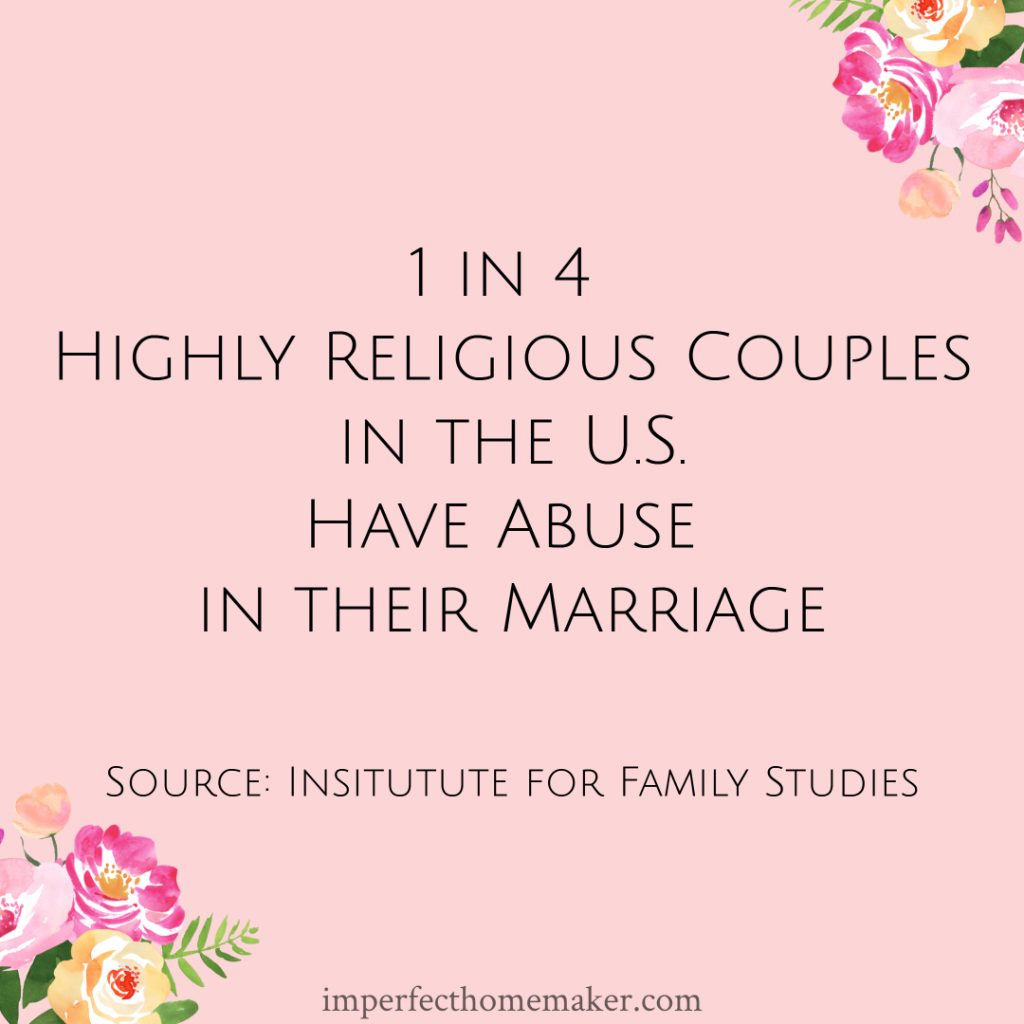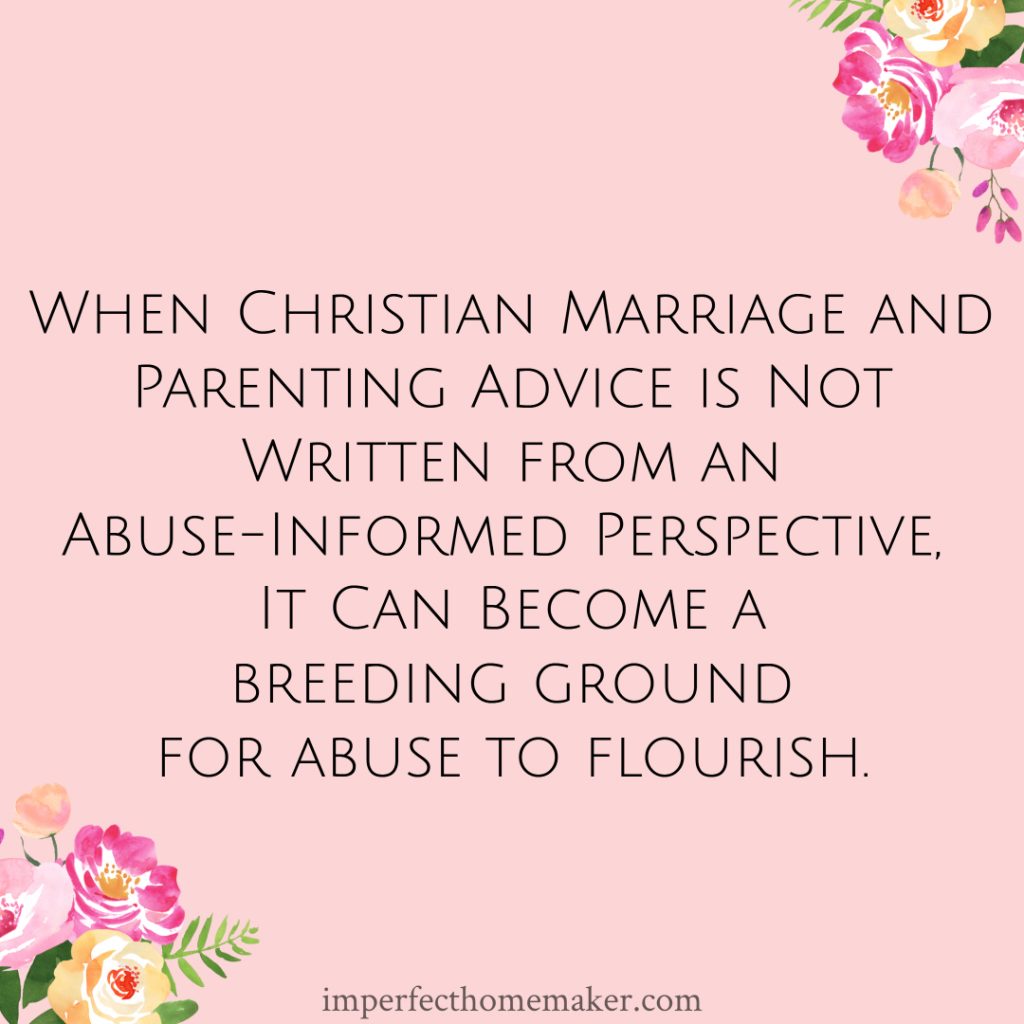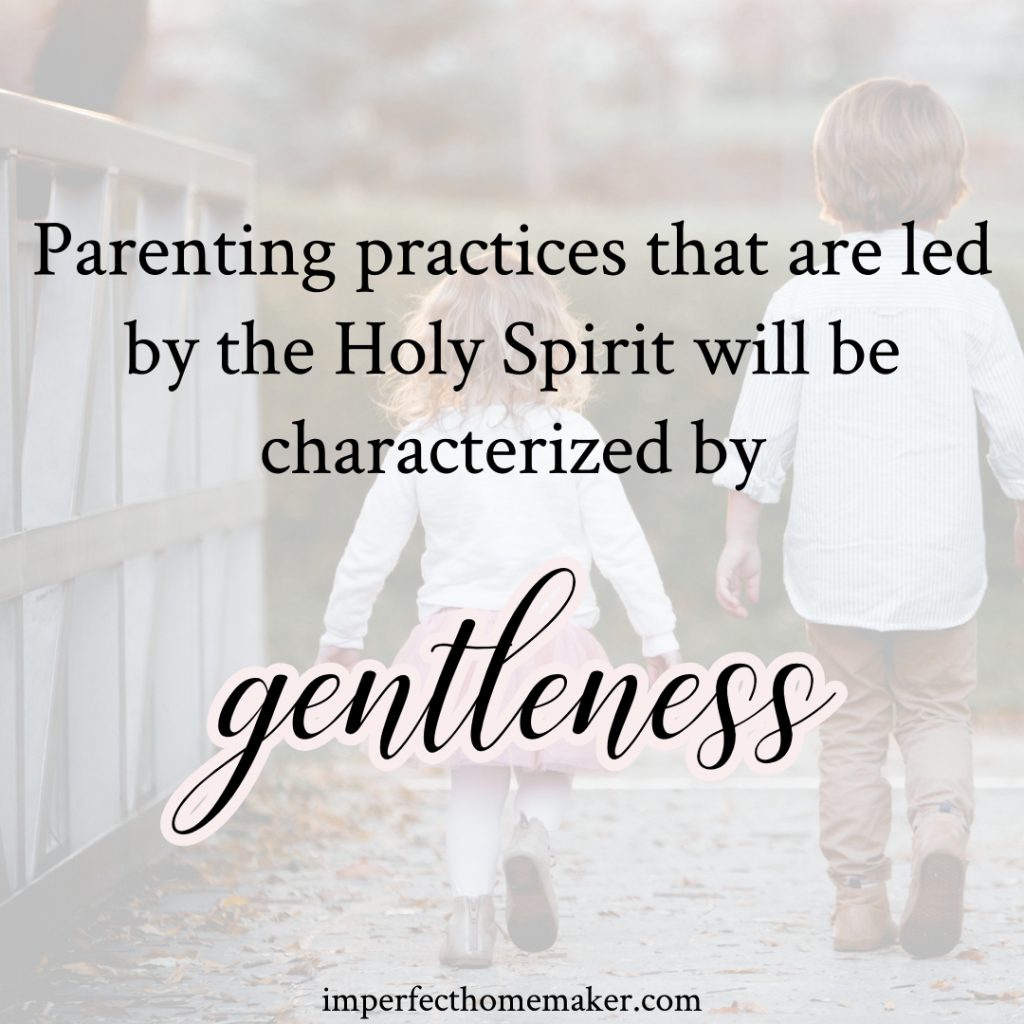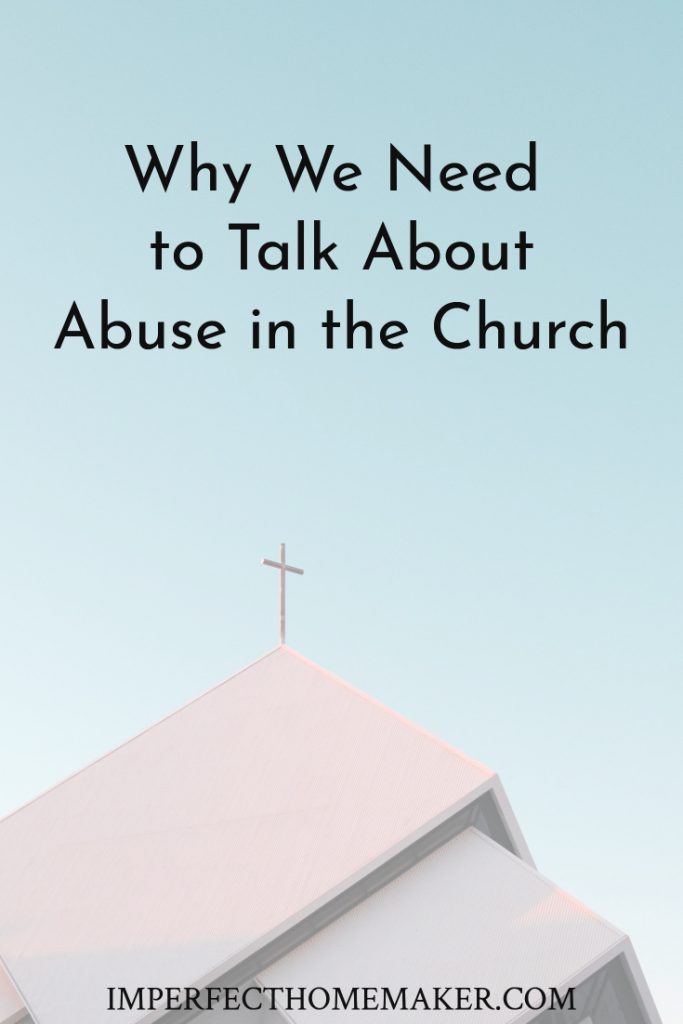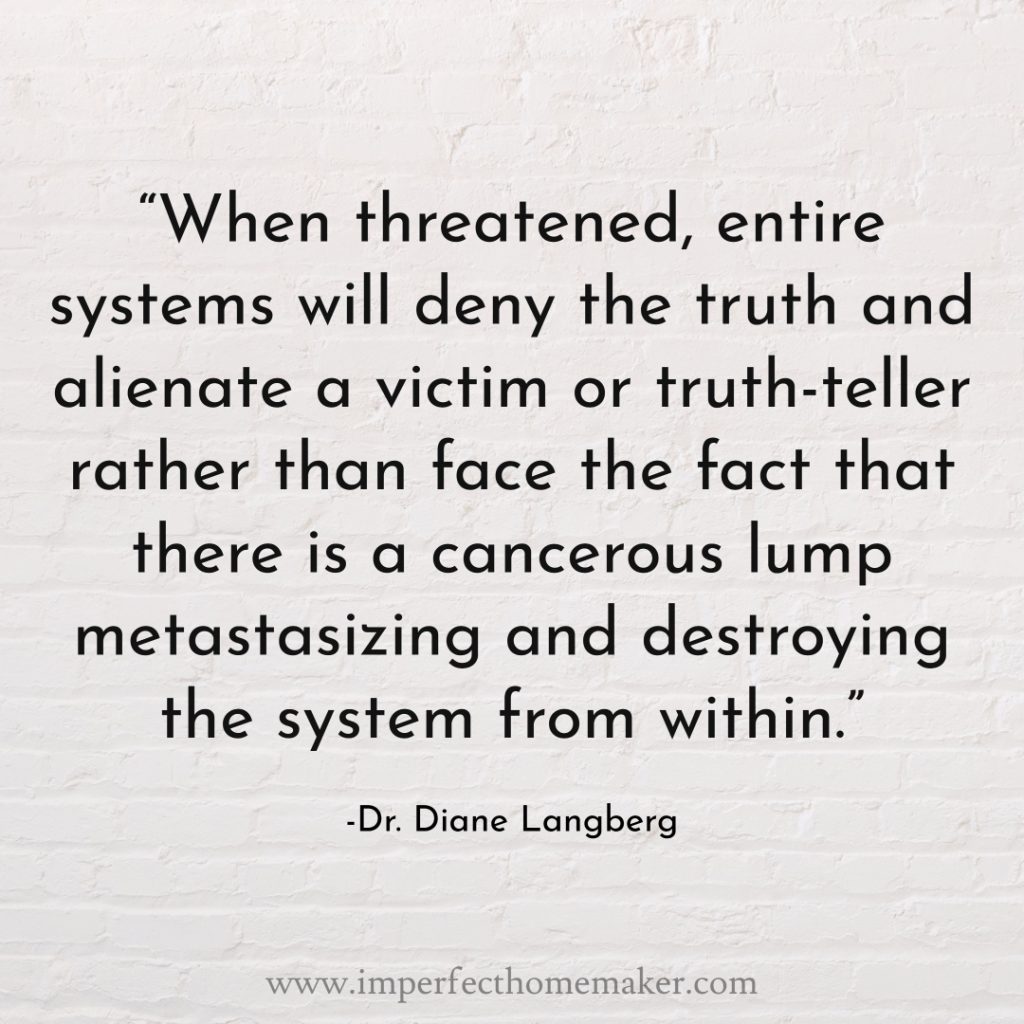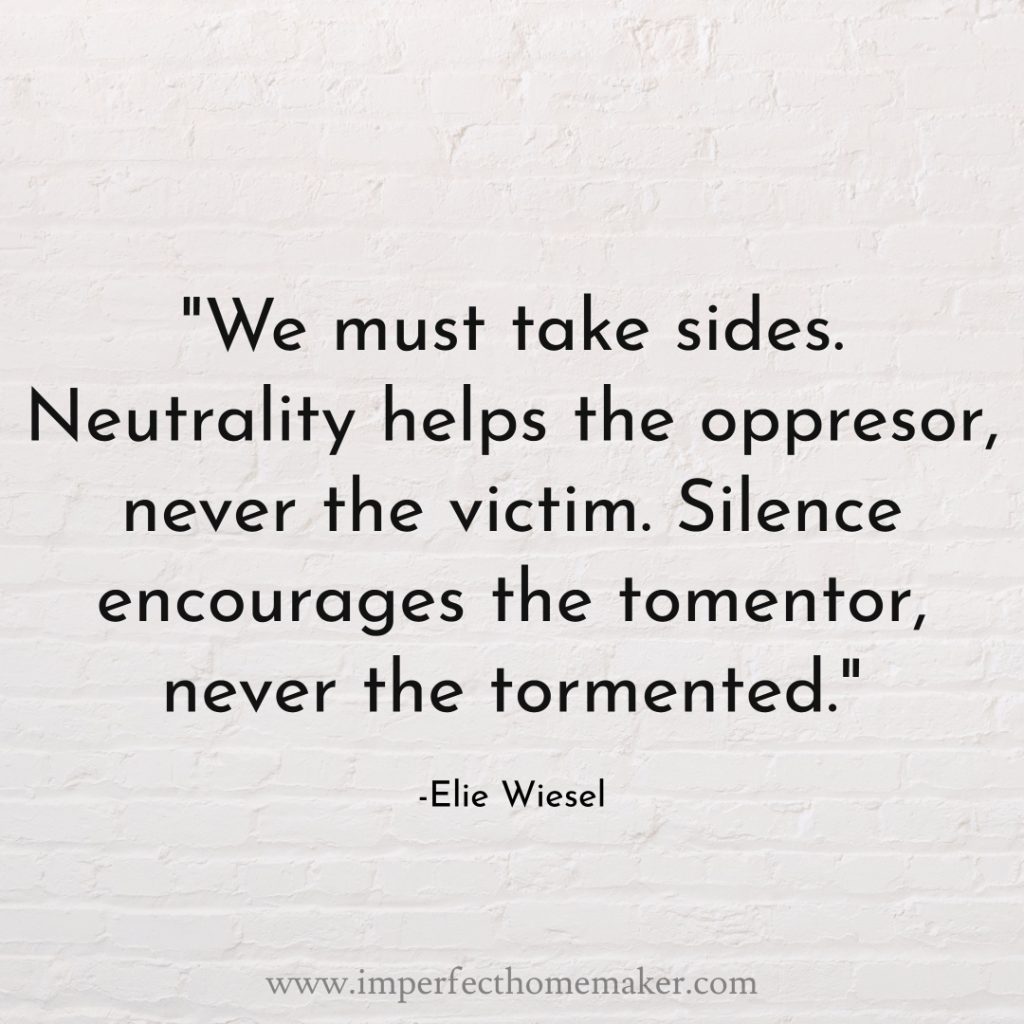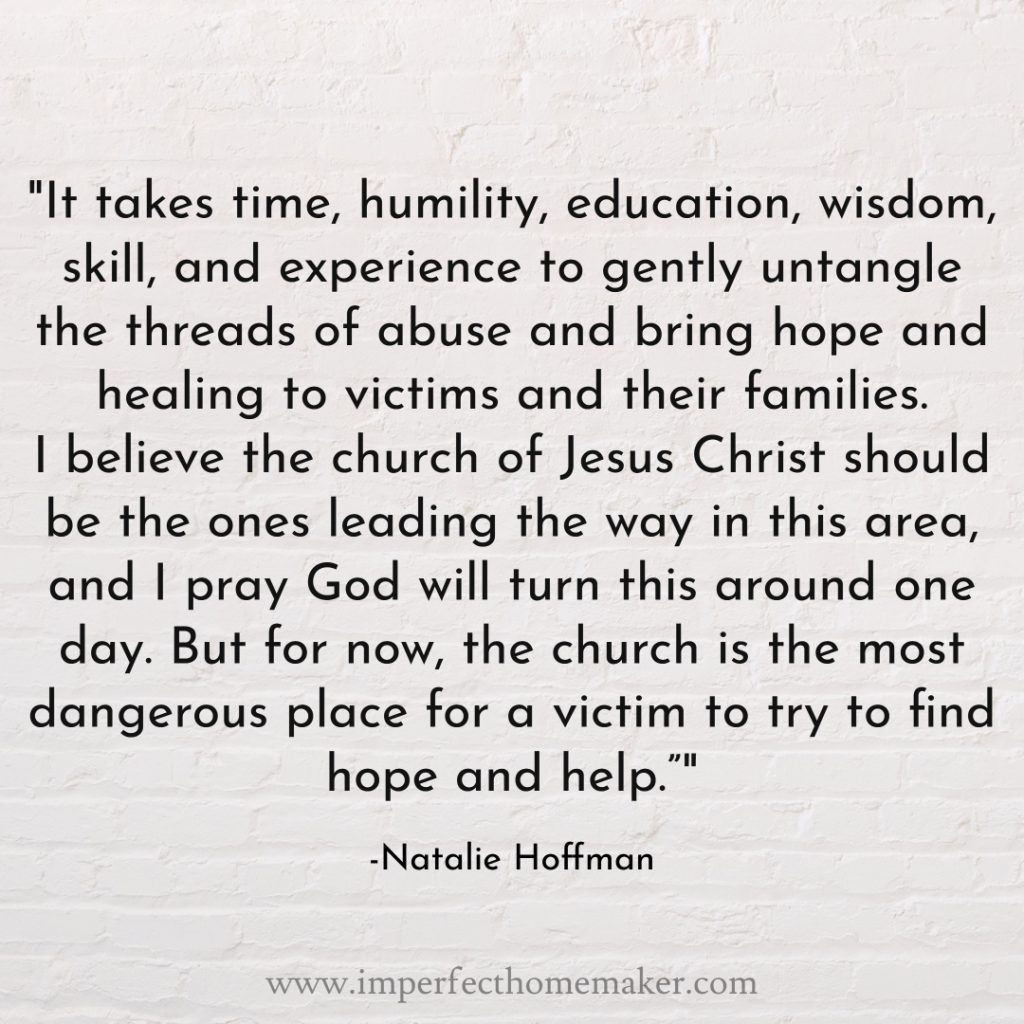A New Direction for Imperfect Homemaker
I have not written any new posts here for quite a while. The reason for that is that I am not the same person who started this blog over a decade ago. I knew this was likely to happen, that I would grow and change and view certain things differently, and that I’d likely disagree with some of the things I wrote in the past.
I have always tried to write from that perspective – that I’m not an expert who is here to share unchanging truth with my readers, but that I’m just a woman who is continually in the process of learning. Everything I’ve written in the past has been a milestone of where I’ve been at that moment in time.
And now I’m further down the road of life and I’m in some different places than I’ve been in the past.
Namely:
The title “Imperfect Homemaker” is now less about my struggle to be better at cooking, cleaning, and taking care of the kids. A better way to define myself as an imperfect homemaker now is that I don’t fit the traditional concept of a homemaker and that many people would probably consider me a rebel. Yes, I still stay home and take care of most of the household duties and childcare, but I no longer do it because I believe that is my role as a woman. I believe fathers and mothers should both be homemakers – loving their children, tending to the household chores, and ministering to others in partnership with one another. Strict roles where the man is the breadwinner and decision maker and the woman is the housekeeper and decision follower are not something I find prescribed in the Bible.
I still agree with the bulk of what I’ve written here; however, I’d write many things with far greater nuance now. (And there are a few things where I’m on a completely different page from my former self.)
Much of the standard fare written toward Christian wives and moms lends itself to either tolerating abuse from one’s husband or toward engaging in abusive behaviors as a parent, and that includes some of the articles I’ve written here in the past.
That’s not to say that every woman who reads these things is destined to be abused by her husband or will automatically be too harsh with her children.
However, because of the ministry to abuse victims that God unexpectedly launched me into around 5 years ago, I’ve seen a lot of things I can’t unsee. I’ve learned how concepts that might seem innocent in one family are bondage and destruction to others. I’ve seen firsthand how frighteningly common abuse is within the church, and I can’t be quiet about it, or about certain teachings that allow it to flourish so easily.
I never figured out how to make my new ministry of speaking on these topics fit into this particular space. I still enjoy talking about how to be productive and organized. I like a pretty, traditionally feminine aesthetic, even though I don’t believe that’s a component of being a “Biblical woman.” Talking about domestic abuse and critiquing harmful teachings just didn’t seem to fit in here, but I don’t have time to do both, which means that the content I produce in this space has dried up.
I don’t want to close this space down, though. I’ve gotten to “know” (virtually) so many of you over the years, and I’d sure love to continue to have good conversations with you.
But for the sake of authenticity, for the sake of time, and for the sake of bringing awareness of these topics to the Christian women who follow this account, I believe it’s time for me to change the direction of the content here. I’ll be sharing more posts about the very serious issue of domestic abuse in Christian homes, and I’ll be starting conversations where we can rethink common marriage and parenting advice that allows such abuse to flourish so easily.
My older content re-circulates automatically on Facebook, and if I catch something posted there that I no longer agree with I delete it.. (Feel free to message me if you see something I miss!) As I have time I hope to re-write some of it, but for now I just try to keep old articles that I disagree with from surfacing into public view.
I realize that some of these new conversations here might get uncomfortable. They might challenge some of your long-held beliefs. (I have been walking this road for quite a few years, so I know how uncomfortable it can get.) I understand that for some of you, you may disagree so vehemently that you no longer feel you can read my content. There’s no hard feelings from my end if that’s the case. I don’t wish to convince anyone of anything they don’t wish to be convinced of. But if you enjoy the challenge of thinking through hard things, especially with the goal of protecting our fellow sisters in Christ, then I am excited to engage in these conversations with you!



